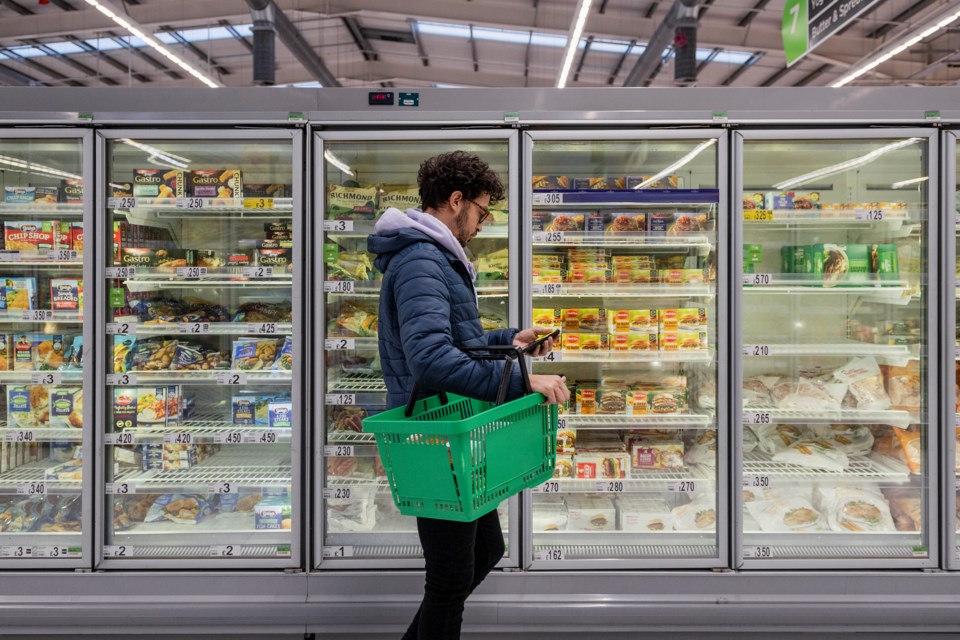Nearly one in four Canadians are reporting they have no means to pay for more household necessities while just over half are concerned about matching the rising price of food, according to a new survey.
Meanwhile, eight in 10 remain concerned inflation will make everyday things less affordable for them, unchanged since November 2022, the Ipsos and Global News poll showed.
As a result, more Canadians than not (52 per cent) think they will not be able to afford that summer holiday they had been planning.
However, survey results show women and parents are feeling most of the pinch. Two in three parents with kids in the house are facing cost-cutting measures such as a holiday. The rate is 57 per cent among women.
Food and gas prices are key drivers underscoring the financial anxieties, the poll showed.
“The reality is that many may need to forego some of the things they want in order to be able to afford the things they need,” stated Ipsos.
The findings reported Wednesday come as the Bank of Canada increased its overnight interest rate by a quarter basis point, bringing it to 4.5 per cent, up from 0.25 per cent this time last year.
The rate hikes are intended to address stubborn inflation, which rose 6.3 per cent on a year-over-year basis last month. Meantime, although the Consumer Price Index is now declining, Canadians are dealing with rising costs of borrowing and rising costs of goods.
A December 2022 report from Royal Bank shows housing affordability (cost of home ownership relative to income) at its worst in three decades.
“Clearly, the macroeconomic situation is trickling down to individual households, and most Canadians are feeling that their pocketbook is being pinched,” stated Ipsos.



